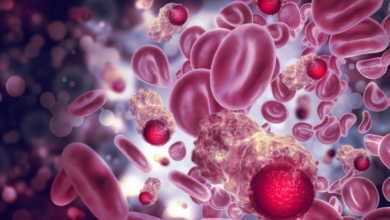Autism Spectrum Disorder Testing (for genetic risk factors)

What is Autism Spectrum Disorder Testing?
ASD genetic testing is a specialized type of genetic testing designed to identify genetic variations that may increase the risk of developing autism spectrum disorder (ASD). It’s important to note that ASD is a complex condition influenced by both genetic and environmental factors.
Why Autism Spectrum Disorder Testing is required?
· Understanding risk: For families with a history of ASD, genetic testing can provide insights into their risk of having another child with the condition.
· Diagnosis: In some cases, genetic testing can help confirm a diagnosis of ASD, especially when clinical symptoms are unclear.
· Research: Genetic testing contributes to ongoing research aimed at understanding the underlying causes of ASD and developing potential treatments.
which are the method of Autism Spectrum Disorder Testing?
· Whole-exome sequencing (WES): This method analyzes the protein-coding regions of the genome, looking for genetic variants.
· Whole-genome sequencing (WGS): This more comprehensive approach examines the entire genome, including non-coding regions.
· Targeted gene panels: These panels focus on specific genes known to be associated with ASD.
who should go for Autism Spectrum Disorder Testing?
· Families with a history of ASD: If you or a family member has been diagnosed with ASD, genetic testing can provide valuable information.
· Individuals with concerns about ASD: If you have concerns about your child’s development and suspect they may be on the autism spectrum, genetic testing can be considered.
· Researchers: Genetic testing is essential for ongoing research into the genetics of ASD.
What are the results of Autism Spectrum Disorder Testing?
· Diagnostic: In some cases, genetic testing can provide a definitive diagnosis of ASD, especially when combined with clinical evaluation.
· Risk assessment: For families with a history of ASD, genetic testing can help assess their risk of having another child with the condition.
· Research: Genetic testing contributes to our understanding of the genetic factors involved in ASD and may lead to the development of new treatments.
What are the components of Autism Spectrum Disorder Testing?
· Genetic counseling: Before and after testing, genetic counselors can help individuals and families understand the implications of the results and make informed decisions.
· Informed consent: Individuals undergoing genetic testing must provide informed consent, understanding the potential benefits and risks.
· Interpretation of results: Genetic counselors and medical professionals play a crucial role in interpreting the results of genetic testing and providing guidance.





